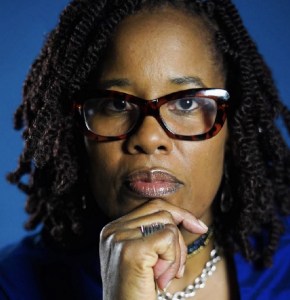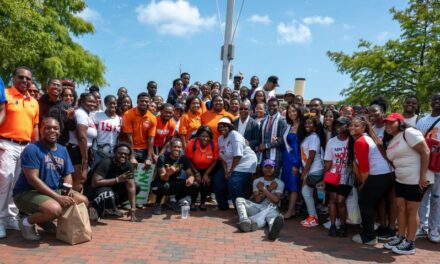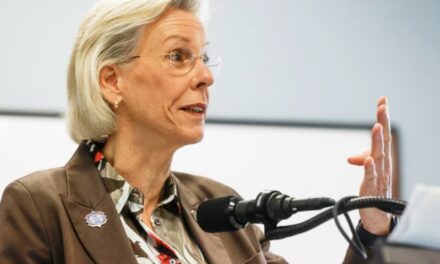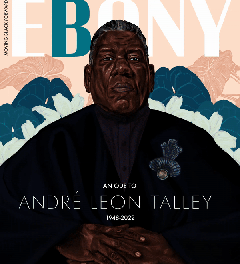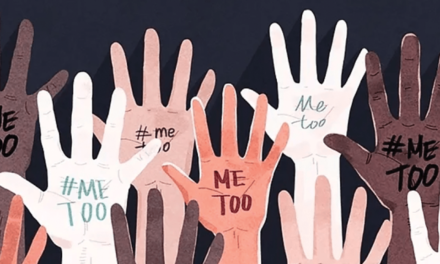
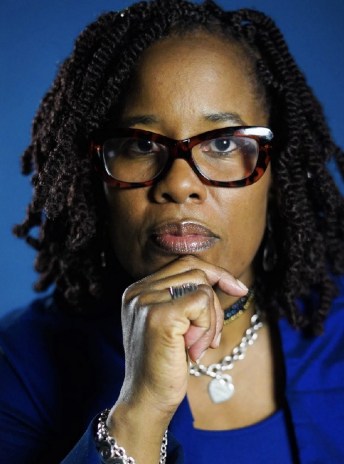
By Dr. Kaye Whitehead
In 1959, in a Commencement Address at Morehouse College, Dr. Martin Luther King Jr. told the graduating class that the great challenge facing them was to remain awake, alert and creative through this great revolution. The country, according to Dr. King, was moving toward change, and if they continued to apply just the right amount of pressure, then there would be a “revolution in the social and political structure of our world on the question of the equality of man.” This speech was only three years after the Montgomery Bus Boycott when there was a sense that the political and social protest campaign would change both the laws and the hearts and minds of people. In 1965, just a few years later, at a March in Selma, Ala., Dr. King was asked, “How long will it take to see social justice?” He answered, “I come to say to you this afternoon, however difficult the moment, however frustrating the hour, it will not be long because truth crushed to earth will rise again. How long? Not long, because no lie can live forever. How long? Not long, because you shall reap what you sow. How long? Not long, because the arc of the moral universe is long, but it bends toward justice.” (Now Dr. King was building on what Unitarian minister and abolitionist Theodore Parker wrote in 1853: “I do not pretend to understand the moral universe. The arc is a long one. My eye reaches but little ways. I cannot calculate the curve and complete the figure by the experience of sight. I can divide it by conscience. And from what I see, I am sure it bends toward justice.”)
So for Dr. King, the work was about pushing this country, bending this country, moving this country toward justice. I sometimes wonder if the people who quote Dr. King today but who would not have supported him yesterday understand that justice is painful. Justice requires sacrifice. Justice means that something and someone has got to change. We are standing here at the crossroads of freedom and equality, an interesting time in American History because the arc that Dr. King and Theodore Parker talked about is still bending. Now, it may not be bending as quickly as I would like, but it is still bending. We have not yet gotten to that place where the valleys have been exalted, the hills and mountains have been made low, the rough places made plain, and every crooked place has been made straight. “The universe,” as Dr. King once said, “is on the side of justice,” but I believe that justice is taking a long time to get here.
I am a product of the Jim Crow generation. I was raised by parents who survived one of the most tumultuous times in American History, the civil rights years. They remember where they were when a picture of Emmett Till’s body was put on the cover of Jet magazine and what they were doing when they heard that Dr. King had been assassinated. They know that justice was never and will never be blind in this country, but like Dr. King (and James Baldwin and Ida B. Wells and Mary McLeod Bethune and Langston Hughes…) they believe that We, Too, Sing America and we can, and we will reshape and save this nation.
My daddy once said that the problem with America is that they quote Dr. King when it is expedient, but they do not study his words. In his words, Dr. King was a revolutionary because he believed that racism, poverty, and militarism were the three major evils facing our society. He fought against capitalism, the Vietnam War, military spending, and oppression. He advocated for unions, poverty eradication, and economic equality. Dr. King did not die for us to be free; a wicked and evil system worked together to assassinate him. We cannot ever let them forget that before Dr. King was assassinated, he was one of, if not the, most hated man in America. In 1968, his unfavorable numbers were 25 points higher than they had been in 1963 (when he wrote his Letter from a Birmingham Jail and when he spoke at the March on Washington for Jobs and Freedom). Dr. King also supported reparations. When Alex Haley interviewed him for Playboy magazine. Dr. King endorsed a $50 billion federal aid program for Black people that would, in his words, lead to “a spectacular decline” in “school dropouts, family breakups, crime rates, illegitimacy, swollen relief rolls, rioting and other social evils.” He was fighting for us and against this system with every breath that he had.
So, how long will it take for justice to get here? I think that until we tell the truth about Dr. King’s legacy, until we are honest about his words and his work, and until we are willing to take the same stand against the three evils that he did, than justice will always be delayed and will then always be denied.
Karsonya Wise Whitehead (todaywithdrkaye@gmail.com; Twitter: @kayewhitehead) is the Founding Director of The Karson Institute for Race, Peace, & Social Justice at Loyola University Maryland and the 2021 Edward R. Murrow Regional Award- winning radio host of “Today With Dr. Kaye” on WEAA 88.9 FM. She is the president of the National Women’s Studies Association (NWSA,) and lives in Baltimore City with her husband and their dog, BellaReds.
The opinions on this page are those of the writers and not necessarily those of the AFRO. Send letters to The Afro-American • 145 W. Ostend Street Ste 600, Office #536, Baltimore, MD 21230 or fax to 1-877-570-9297 or e-mail to editor@afro.com
Help us Continue to tell OUR Story and join the AFRO family as a member – subscribers are now members! Join here!
The post Conversations with Dr. Kaye: Justice is coming, but it ain’t here yet appeared first on AFRO American Newspapers .

